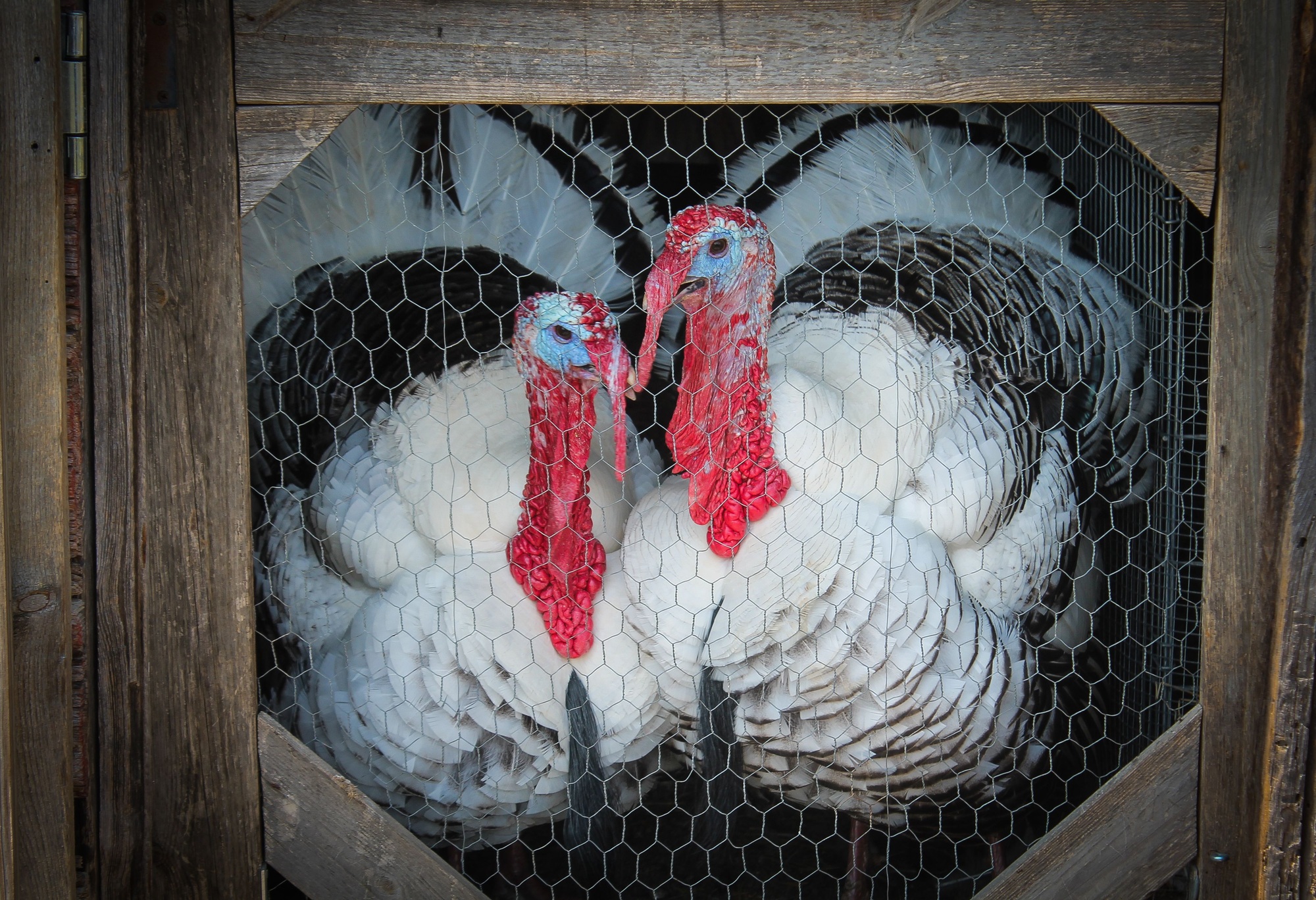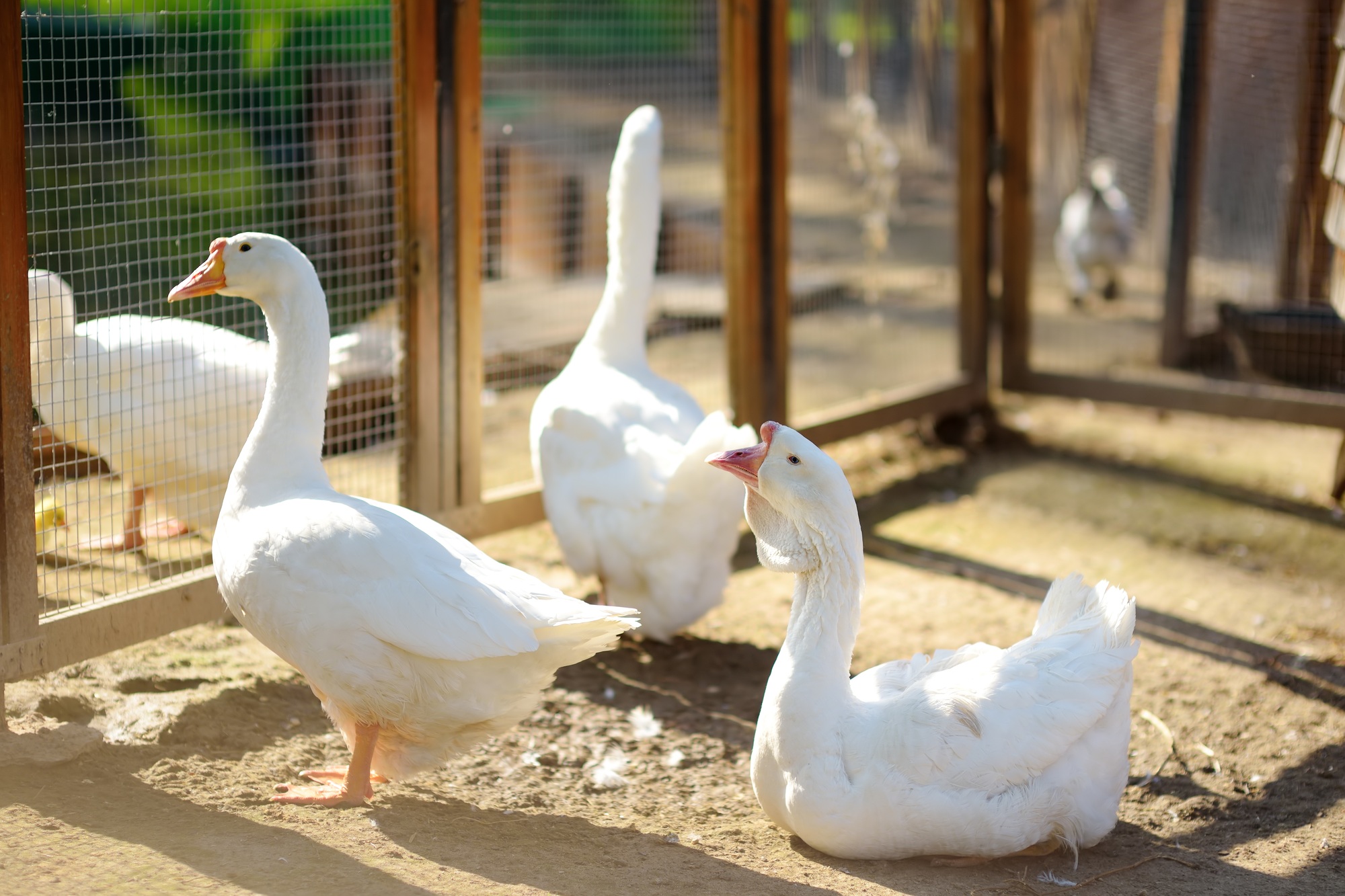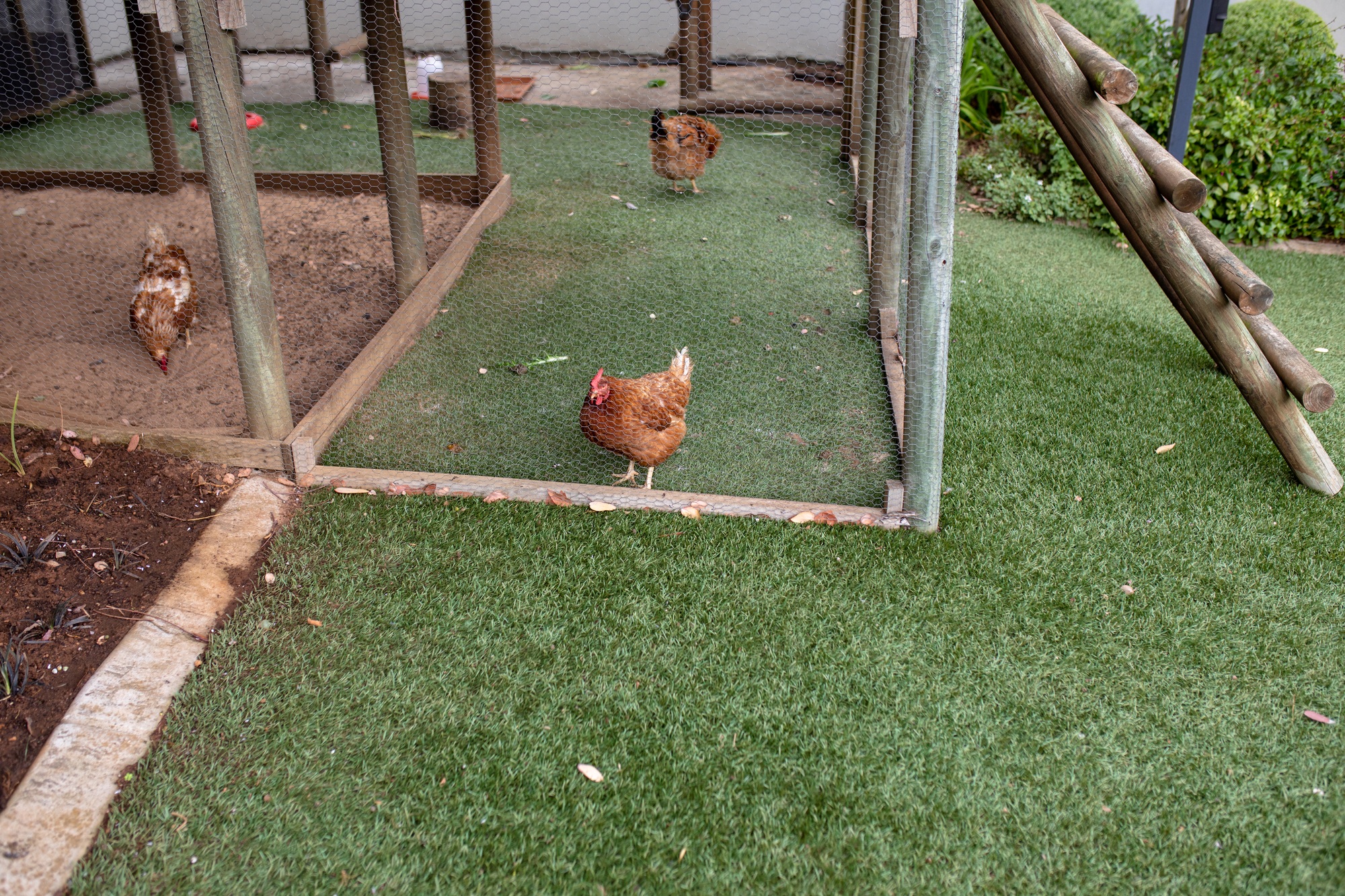Key Takeaways

- Importance of a Business Plan: A solid poultry farm business plan serves as a roadmap for operations, funding, and long-term success.
- Key Components: Essential elements include an executive summary, market analysis, production and marketing plans, and financial projections.
- Market Analysis: Understanding local demand, consumer preferences, and competition is crucial for positioning your farm effectively.
- Financial Management: Accurate financial projections, including startup costs and revenue forecasts, are vital for sustainability and attracting investors.
- Defining Goals: Establish clear, specific, and measurable goals to track progress and align strategies with your business’s unique selling proposition.
- Risk Management: Implementing biosecurity measures is essential to protect your flock from diseases that could threaten your business.
Starting a poultry farm can be an exciting venture, but without a solid business plan, your dreams might quickly turn into challenges. A well-structured poultry farm business plan is essential for guiding your operations, securing funding, and ensuring long-term success. Whether you’re raising chickens for meat or eggs, having a clear strategy will set you on the right path.
In this article, you’ll discover the key components of an effective poultry farm business plan. From market analysis to financial projections, each element plays a crucial role in helping you navigate the complexities of the poultry industry. With the right plan in place, you can turn your passion for poultry into a profitable business.
Overview of Poultry Farm Business Plan

A poultry farm business plan outlines the essential steps to start a business successfully in the poultry sector. It serves as a roadmap, detailing various aspects such as operations, marketing strategies, and financial projections. Implementing a well-structured plan helps you maintain focus and guides decision-making throughout your venture.
Key components of your poultry farm business plan include:
- Executive Summary: Provide a concise overview of your business, including its goals and objectives.
- Market Analysis: Analyze the local and regional markets for poultry products. Identify your target customers and assess competition.
- Production Plan: Detail how you’ll raise your poultry, including type, quantity, and housing requirements.
- Marketing Plan: Outline marketing strategies to promote your products and attract customers.
- Financial Projections: Include startup costs, pricing strategies, and revenue forecasts. Clearly define funding requirements to secure financial support.
Creating a comprehensive plan ensures you’re equipped to address challenges in the poultry industry, allowing your small business to thrive and reach profitability.
Key Components of a Poultry Farm Business Plan

A well-defined poultry farm business plan is essential for guiding your small business towards success. Focusing on thorough planning can help you navigate the complexities of the industry and secure funding.
Executive Summary
The executive summary offers a snapshot of your poultry farm’s mission, detailing whether you raise broilers, layers, or hatchlings. Include a brief description of your target market, which may consist of local consumers, retailers, or wholesalers. Highlight strategies for growth, such as expanding product offerings or enhancing distribution channels. Present financial highlights, such as projected revenue and profits, to attract interest from potential investors.
Market Analysis
Conducting a market analysis helps validate the demand for your poultry products. This section should cover key industry trends, including the increasing preference for free-range and organic chicken and eggs. Assess your competitors by evaluating their strengths and weaknesses. Identify gaps in the market that your farm can fill to position yourself effectively. Understanding local consumer preferences can enhance product offerings and drive sales.
Business Structure
Establishing the right business structure is crucial when you start a business in poultry farming. Decide whether you’ll operate as a sole proprietorship, partnership, or corporation. Outline the roles and responsibilities of each team member involved in the farm’s operations. Document any licenses and permits required to comply with local laws and regulations relevant to poultry farming.
Financial Projections
Creating precise financial projections is vital for your poultry farm’s sustainability. Include startup costs, such as equipment, livestock, and feed, as well as recurring expenses, like labor and utilities. Draft a sales forecast based on realistic market analysis, incorporating potential pricing strategies. Establish a break-even analysis to determine when you’ll start generating profit. Clear financial projections attract investors and allow you to manage your resources effectively.
Steps to Create a Poultry Farm Business Plan

Creating a poultry farm business plan involves specific steps that guide your small business toward sustainability and profitability. Focus on research, goal-setting, and thorough documentation to ensure clarity and direction.
Research and Planning
Conduct market research to analyze the current poultry landscape. Identify consumer preferences and trends, such as organic or cage-free products, which can inform your business strategy. Understand competition by evaluating other poultry farms in your area and their offerings. Recognize your target customers and their buying habits, as these insights form a basis for your marketing strategies.
Analyze industry trends, including the growth rate of the poultry sector, which shows a compound annual growth rate (CAGR) of approximately 3.9% to 4.5% in the coming years. Stay informed about regulatory requirements and potential legal implications that could impact your operations. This groundwork ensures you’re equipped to tackle challenges as you start your business.
Defining Goals and Objectives
Define clear goals and objectives for your poultry farm. Establish short-term and long-term aspirations to measure progress effectively. For example, your objectives might include reaching specific production targets within the first year or building a solid customer base. Align your goals with your unique selling proposition (USP), which sets your poultry farm apart from competitors. Make your objectives specific, measurable, achievable, relevant, and time-bound (SMART) for optimal clarity and focus.
Writing the Plan
Craft your business plan by compiling all gathered information into a cohesive document. Start with an executive summary that clearly outlines your business goals, mission, and strategies. Follow this with a detailed market analysis, production plan, and marketing strategy. Provide financial projections that include startup costs, operating expenses, and expected revenue. Break down these projections into estimates for the first three to five years.
In your writing, maintain clarity and conciseness. Use headings and bullet points to enhance readability. A well-structured plan serves as your roadmap, enabling you to navigate the complexities associated with your poultry farm business effectively.
Common Challenges in Poultry Farming

Identifying common challenges in poultry farming is crucial for your business plan. Here are key considerations that can impact your operations:
Market Research and Planning
Conducting thorough market research is essential before you start a poultry farm. Understand local demand, identify your target market, and evaluate competitors. A detailed business plan outlines your goals, target market, capital investment, and expected returns. Missing these elements can lead to misalignment in your business strategies, affecting profitability.
Biosecurity Measures
Implementing biosecurity measures stands as a vital defense against diseases in poultry farming. Control access to your farm, disinfect equipment and vehicles, and practice strict hygiene protocols. Isolate new birds upon arrival to minimize risks. Neglecting biosecurity can swiftly introduce illnesses like avian influenza or Newcastle disease, jeopardizing your entire flock and business continuity.
Conclusion

Crafting a comprehensive poultry farm business plan is essential for your success. It not only guides your daily operations but also helps you secure funding and navigate the competitive landscape. By focusing on market analysis financial projections and effective marketing strategies you can position your farm for growth and profitability.
Remember to stay adaptable as you implement your plan. The poultry industry can be unpredictable so being prepared to adjust your strategies will keep you ahead. With the right planning and execution you can turn your passion for poultry into a thriving business.
Frequently Asked Questions

What is a poultry farm business plan?
A poultry farm business plan is a detailed document that outlines the goals, strategies, and operational plans for starting and running a poultry farm. It serves as a roadmap, covering aspects like market analysis, production plans, marketing strategies, and financial projections to ensure long-term success.
Why is a business plan important for poultry farming?
A business plan is crucial for guiding operations, securing funding, and navigating market complexities. It provides a framework for decision-making, helps identify target customers, and outlines financial needs, ensuring that the farm can sustain itself and grow profitably.
What are key components of a poultry farm business plan?
Key components include an executive summary, market analysis, production plan, marketing strategy, and financial projections. These sections provide insights into goals, customer needs, and financial expectations, creating a comprehensive guide for running a successful poultry farm.
How can market research benefit my poultry farm?
Market research helps you understand consumer preferences, assess competition, and identify demand in your area. By tailoring your products and marketing strategies to local needs, you can enhance profitability and reduce the risk of misalignment in your business approach.
What challenges should I consider in my poultry farm business plan?
Consider challenges such as market demand fluctuations, regulatory requirements, and disease management. Addressing these aspects in your plan can help prevent potential pitfalls and position your farm for sustainable growth and success.
What financial projections should I include?
Include startup costs, ongoing operational expenses, and revenue forecasts. These projections help evaluate the farm’s financial viability, attract potential investors, and ensure that you can manage cash flow effectively as your business grows.
How do I ensure biosecurity in my poultry farm?
Implement biosecurity measures such as controlling farm access, regularly disinfecting equipment, and isolating new birds before introducing them to the existing flock. These practices help prevent disease outbreaks, protecting both your birds and business continuity.
Image Via Envato: ira_evva, Wavebreakmedia, Maria_Sbytova, boomeart, kovalnadiya, safakc1, wirestock



